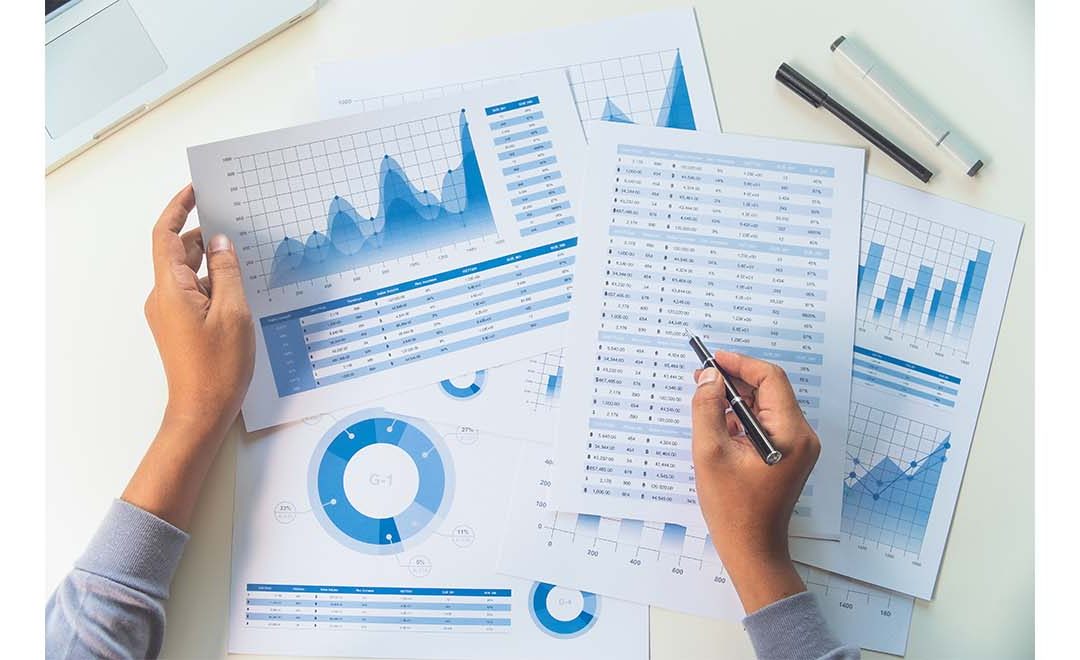 The escalating chip wars between China and the USA, with the European Union’s ambitious Chips Act entering the fray, have ushered in a new era of intense competition for global technological dominance. As these economic giants vie for supremacy in the semiconductor industry, the race for innovation, manufacturing capabilities, and supply chain security takes centre stage.
The escalating chip wars between China and the USA, with the European Union’s ambitious Chips Act entering the fray, have ushered in a new era of intense competition for global technological dominance. As these economic giants vie for supremacy in the semiconductor industry, the race for innovation, manufacturing capabilities, and supply chain security takes centre stage.
In the ever-evolving landscape of technological advancements, semiconductors, or chips, have become the linchpin of modern innovation. As China and the United States fiercely compete for global dominance in the chip industry, the European Union (EU) has emerged as a new player, determined to establish its own semiconductor industry. This article explores the intensifying chip wars between China, the USA, and the EU, shedding light on their motivations, strategies, and the implications of these rivalries.
China’s ambitions and state-led approach:
China has been relentlessly pursuing to reduce its dependence on foreign semiconductor technology, particularly from the United States. This drive is rooted in the “Made in China 2025” initiative, which seeks to position China as a global technology leader. China has invested heavily in research and development, fostered domestic innovation, and acquired foreign chip companies to achieve this.
Notably, China’s state-led approach has established advanced chip manufacturing facilities like the Yangtze Memory Technologies Company (YMTC) and Semiconductor Manufacturing International Corporation (SMIC). These domestic manufacturers have made significant progress in narrowing the technology gap with global leaders, enhancing China’s self-sufficiency in chip production.
USA’s technological superiority and national security concerns:
The United States has long been at the forefront of the semiconductor industry, boasting technological superiority and reaping substantial economic benefits. American giants like Intel, Qualcomm, and NVIDIA have maintained dominance. However, China’s chip ambitions have raised concerns within the US government and tech industry, particularly regarding national security.
National security considerations have become a critical driver behind the US response to China’s semiconductor aspirations. Recognizing chips’ role in defence systems, critical infrastructure, and emerging technologies such as AI and 5G, the US government has imposed stringent regulations on chip manufacturing equipment and technology exports to China. Additionally, it has heightened scrutiny of Chinese investments in American chip companies to safeguard against intellectual property theft and supply chain vulnerabilities.
EU’s bid for technological sovereignty: The Chips Act
In the face of this intense competition, the European Union has recognized the need to establish its own semiconductor industry to ensure technological sovereignty and reduce dependency on external sources. To this end, the EU has introduced the Chips Act, an ambitious plan to foster the development of a robust European chip ecosystem.
The Chips Act focuses on three key pillars: research and innovation, advanced manufacturing, and secure supply chains. It aims to mobilize substantial public and private investment, incentivize research collaborations, and support the development of advanced chip manufacturing facilities in Europe. The EU intends to enhance its capabilities in critical areas such as AI, automotive, telecommunications, and high-performance computing.
Implications and challenges:
The intensifying chip wars and the EU’s entry into the competition have significant implications for the global technological landscape:
Technological multipolarity: The chip wars reflect the emergence of multiple centres of technological power, with China, the US, and the EU vying for dominance. This multipolarity may lead to fragmented technical standards, supply chain diversification, and new geopolitical dynamics.
Global supply chain reshaping: As each player seeks to enhance its resilience, the global semiconductor supply chain will likely undergo substantial restructuring. This may result in regionalization, localization, and increased self-sufficiency in chip production, potentially impacting global trade dynamics.
Collaboration and partnerships: The EU’s Chips Act underscores the importance of international collaboration. Engaging allies, such as the US, to foster cooperation in chip manufacturing and technology development can strengthen the position of each player and balance against China’s growing influence.
Innovation and talent acquisition: The chip wars highlight the critical role of innovation and talent acquisition. To maintain a competitive edge, all players must invest in research and development, attract top talent, and protect intellectual property rights. Collaboration between academia, industry, and governments becomes crucial in driving breakthroughs and advancing technological capabilities.
Environmental and ethical considerations: The semiconductor industry’s rapid growth raises concerns about environmental sustainability and ethical manufacturing practices. All participants in the chip wars, including China, the US, and the EU, must prioritize green and responsible manufacturing to mitigate the environmental impact and ensure ethical supply chains.
Conclusion:
The chip wars between China and the USA have sparked intense competition in the global semiconductor industry, each striving for technological dominance. Meanwhile, the European Union has recognized the need for an EU-based semiconductor industry, leading to the introduction of the ambitious Chips Act. As the battle for technological supremacy unfolds, the implications stretch beyond economic benefits, encompassing national security, supply chain resilience, and global collaboration. The outcome of these chip wars will shape the future of technological innovation, reshaping the global technological landscape for years to come.























